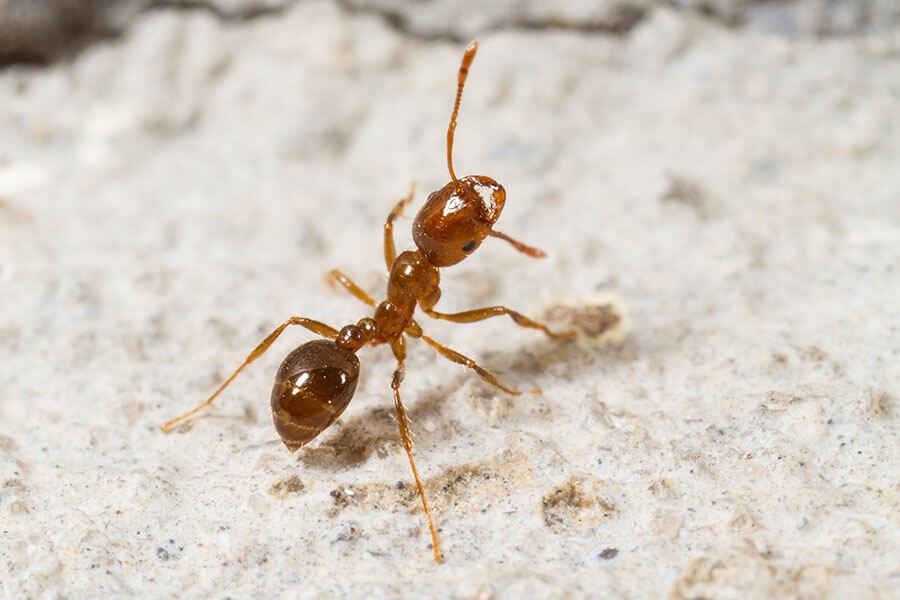
Summer is drawing to a close, but there’s still enough hot weather ahead to encourage some of Georgia’s most destructive insects. We’ve created this list of some of the most common pests in our region, with recommendations for combating them.
Aphids
As they strive to consume every plant they encounter, these sap-loving nuisances have an advantage: They’re so tiny that they’re almost impossible to see. Fortunately, they undermine themselves by traveling in groups so large that the trail of destruction they leave behind is unmistakable.
The first sign of their presence is usually leaves, stems, and flowers that begin to grow in atypical twisted shapes. Another is the presence of honeydew, the sticky substance they secrete that encourages the growth of sooty mold.
On the positive side, aphids are a favorite snack pf ladybugs and other insects that are beneficial to your yard. Still, you’ll probably want to get rid of them. You can dislodge them with a blast of water from a hose or try to kill them by spraying insecticidal soap. If they persist, we’re happy to help.
Armyworms
A group of these worms doesn’t eat as much as an actual army, but they certainly try. Their voracious appetites must build up some bad karma, because these caterpillar-like worms are themselves a snack favored by many types of birds.
If you prefer a DIY approach (and are patient), you can collect them one at a time and drop them into a container of soapy water. Those would rather address the problem more quickly should consult a lawn service company about a treatment program.
Fire Ants
A quick temper and a venomous sting are a bad combination, as many Georgians can regretfully tell you. Unfortunately, there are so many different species of fire ants that it can be difficult to identify them by their appearance. But if you wander too close to one of their signature mounds, the resulting pain and itch will tell you what you’re dealing with.
Serious episodes don’t happen very often, but fire ant venom can produce severe allergic reactions in some people, and getting bitten is a bad way to find out that you’re one of them. An attack by a large group can be fatal to a large animal or a human adult; in an average year, fire ants kill about a dozen people in the U. S.
Many people are eager to tell you their foolproof method for getting rid of fire ants that has been passed down through generations of their families. None of these work. The fundamental ideas are sound – certainly fire ants don’t like being doused with boiling soapy water or gasoline. The issue is the size of their colonies. The mound we see above ground, composed of the dirt displaced as they dig, is just the central hub of a network of tunnels that can extend eight feet in every direction horizontally and 20 feet deep.
Many home remedies are dangerous. It doesn’t take much gas to poison your soil and thus your grass. If you see a fire ant mound on your property, your best bet is an immediate call to lawn care professionals.
Simply Organic Turf Care relies on natural products to fertilize your lawn and your ornamental trees and shrubs and to combat harmful insects, funguses, and weeds. We service the Acworth, Alpharetta, Atlanta, Avondale Estates, Berkeley Lake areas and more. If you have questions about the pests we discussed here, or if you see damage in your yard that you think might be caused by different insects, contact us by phone or through our website, simplyorganicturfcare.com.

